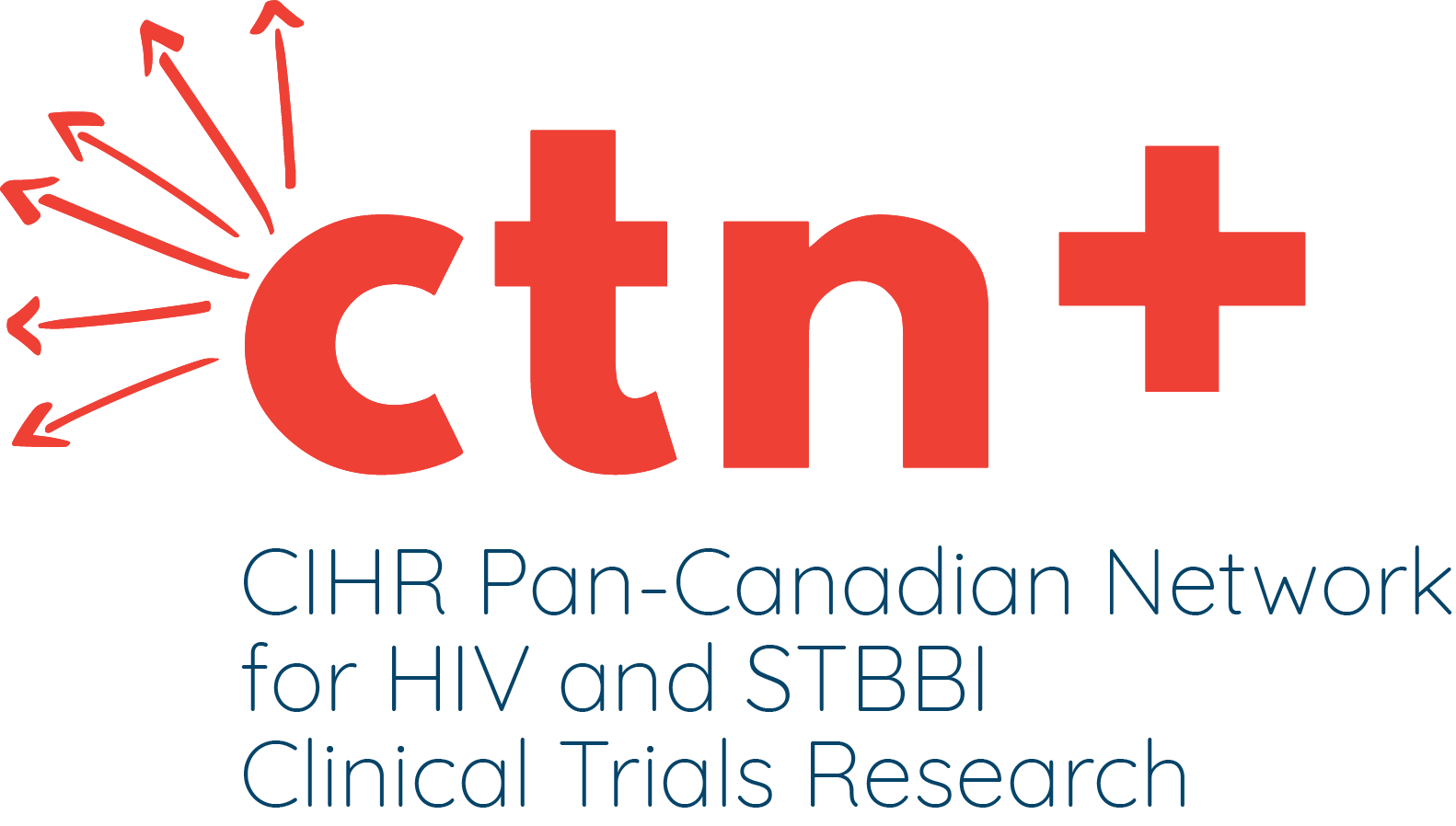CTN Postdoctoral Fellow Dr. Malika Sharma writes about the current state of PrEP in Canada and how CTN 303 looks to change the way these HIV prevention drugs are delivered.
Despite the many advances made in HIV prevention and treatment, rates of new HIV infections among gay and bisexual men who have sex with men (gbMSM) have remained steady over the past decade. There are about 2500 new HIV infections in Canada every year, and almost half of these are in gbMSM. In fact, gbMSM are at a 131-fold higher risk of acquiring HIV than other Canadian men.
One of the newest prevention tools available to the community is the daily use of HIV pre-exposure prophylaxis, or PrEP. When taken regularly as part of a combination approach to HIV prevention, PrEP can help reduce the risk of HIV transmission by over 90%. However, there are still many barriers to accessing PrEP. One of those barriers is that potential PrEP users have to find a doctor to prescribe it. First of all, not everyone is ‘out’ to their doctor. Even if they are, they may not feel comfortable talking to their doctor about their sex lives. Even if and when they are comfortable approaching their doctor about PrEP, their doctor may not feel as though they have enough expertise or knowledge to be able to prescribe PrEP safely. As a result, PrEP is mainly prescribed by a limited number of specialists or family doctors with HIV expertise. This ‘bottleneck’ means that people who want to take PrEP may have to wait a long time for an appointment, or have to travel to a major city to access PrEP care.
While many doctors feel as though they don’t have enough knowledge or expertise to prescribe PrEP, potential users of PrEP often know a great deal about it. There are PrEP Facebook groups, online forums, and resources that many gbMSM have access to — and many have friends, family, or partners who are taking PrEP. This creates a unique knowledge asymmetry, where potential users of PrEP may know more about it than their physicians do.
It was this disconnect in knowledge that led our team to design CTN 303: Decentralizing PrEP delivery through family physicians and nurses. In the study, we are piloting an intervention to empower patients to help educate their health providers about PrEP and increase access to this HIV prevention drug.
We will distribute information cards to gbMSM in Toronto through various community-based organizations as well as on Grindr. These cards will direct potential participants to an online educational module where they can learn more about their HIV risk, about what taking PrEP means, and how to talk to their providers about PrEP. The participants can then visit their family doctors to start a conversation about PrEP. Their family doctors can use the same card to access a link to an accredited, online continuing medical education (CME) module on PrEP. Equipped with this knowledge, physicians can meet again with participants to potentially prescribe and start PrEP. Potential PrEP users who do not have a family doctor (or don’t feel comfortable seeing them for PrEP care) will be able to go to two Toronto public health clinics to see sexual health nurses to consider and discuss PrEP.
We hope to find out whether this kind of patient-initiated CME (PICME) is a useful and effective way to expand access to high-quality PrEP care. Ideally, it will mean more capacity for providers to prescribe PrEP and help decentralize PrEP delivery away from HIV specialists alone. Hopefully, it will also mean more open, non-judgmental, and non-stigmatizing conversations about sexual health between doctors and patients. If successful, this model could be expanded to smaller cities and rural areas, as well as to other groups that could benefit from PrEP.






